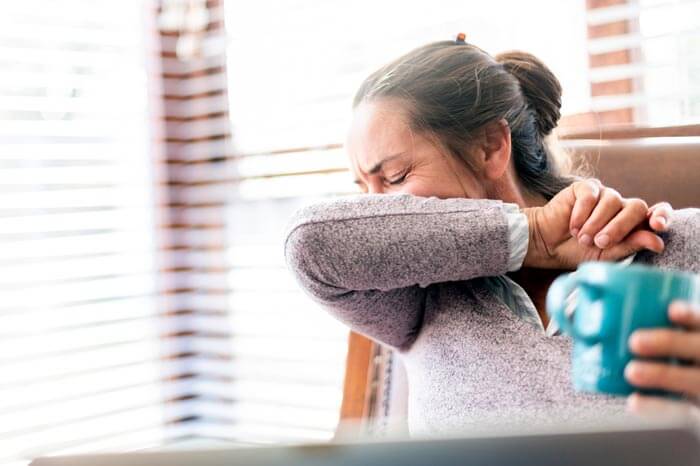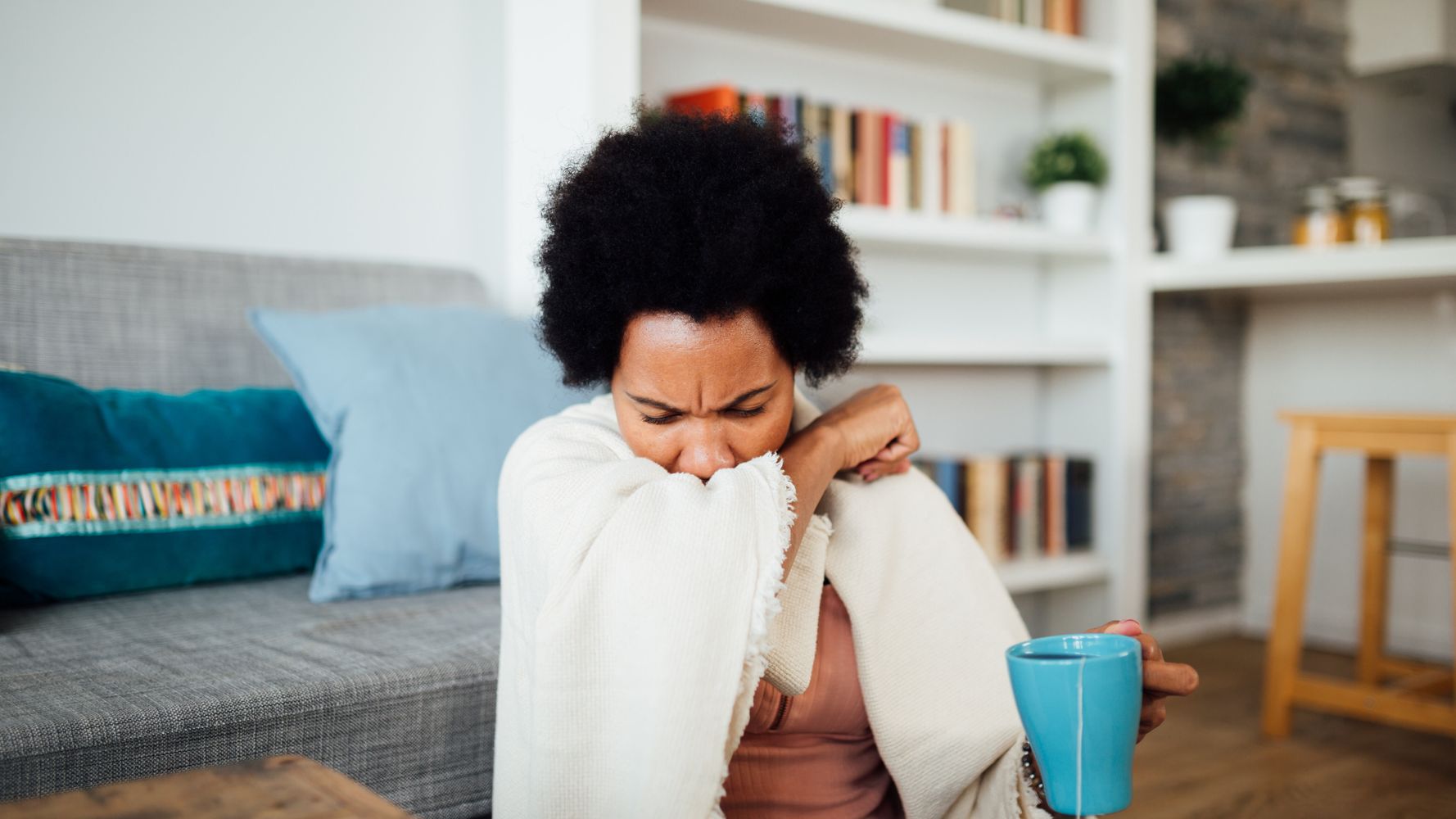People call whooping cough the “100-day cough” because it lingers for a long time. It is making an unwelcome comeback in the UK. If you have yet to hear about it, you’re not alone. But the numbers are rising fast, especially in England and Wales. So, let’s get clued up on what this cough is, why it’s spreading, and what you can do about it.
What Even Is This 100-Day Cough Everyone’s Talking About?
Whooping cough, or “pertussis” if you want to get fancy, is a nasty bug that messes with your lungs and airways. It’s super contagious, spreading through coughs and sneezes like wildfire. Young kids and babies are hit the hardest, but surprise – young adults are catching it, too. And that’s bad news for the little ones, as they’re most at risk of serious complications.
It Starts Like a Cold But Gets Way Worse
At first, whooping cough might feel like a typical cold, with a runny nose and a sore throat. You might brush it off, thinking it’s nothing serious. But after about a week, those familiar symptoms take a turn for the worse. The intense coughing fits that can leave you gasping for air, especially at night. Some people make as they struggle to inhale after a bout of coughing. If you or your child have these symptoms, seek medical help. Early diagnosis and treatment with antibiotics can greatly lessen the illness. They can make it less severe and shorter.
The Perfect Storm for the 100-Day Cough’s Comeback
Whooping cough, also known as the 100-day cough or pertussis, is surging again in 2024. Two things fuel this: the pandemic’s impact will last. And, there’s a worrying drop in vaccination rates. The UK Health Security Agency (UKHSA) reported a surge in cases. A significant number affect young adults. The COVID-19 lockdowns were crucial for public health. But, they also cut our exposure to everyday germs like pertussis. This led to a decline in natural immunity across all age groups.
The classic symptoms of whooping cough include a runny nose. Coughing fits are a key symptom. They get worse at night. These fits are sometimes followed by the “whoop” sound. It happens as the person struggles to breathe. A lack of oxygen can make infants have trouble breathing. They may also vomit and turn blue.
This outbreak shows the need for high vaccination coverage. This is especially true for pregnant women. It protects vulnerable infants from this life-threatening illness. The 6-in-1 vaccine is given to babies at 8, 12, and 16 weeks of age. It protects against whooping cough and other serious diseases. Additionally, booster shots are crucial for maintaining immunity in older children and adults. The UKHSA is watching the situation. They are working to raise awareness and vaccination rates. This is to stop the spread of this dangerous infection.

It’s Not Just a Kid’s Cough Anymore, Protect Yourself
Here’s the thing: whooping cough isn’t just for kids anymore. Young adults like you are getting sick, too. Even if you just feel a bit rough, you could pass it on to a baby, and for them, it can be really dangerous. So, let’s keep this simple.
Vaccines for You and Safety for Little Ones
The best way to beat this cough is to get vaccinated. If you’re pregnant, get the jab between 20 and 32 weeks to protect your newborn. Babies and toddlers need to follow a schedule of vaccines. It’s like a superhero shield against this nasty bug.
What to Do Next, if you got it?
If you think you have whooping cough, get to the doctor ASAP, especially if you’re around young kids or babies. Stay home to avoid spreading it; you might need antibiotics to kick the infection. Remember, this cough is no joke, so don’t try to tough it out.
Stay Informed and Stay Safe
The NHS website is your main source for the latest updates on whooping cough cases. It has vaccine info and everything else you need to know. Stay informed, stay protected, and let’s kick this 100-day cough to the curb together.
Remember:
- It’s NOT just a cold – it can get much worse.
- Vaccines are your best protection.
- If you’re coughing, don’t spread it!
- Check the NHS website for the latest info.
We can protect ourselves and the little ones around us by taking these steps from this nasty cough.




Leave a Reply
You must be logged in to post a comment.